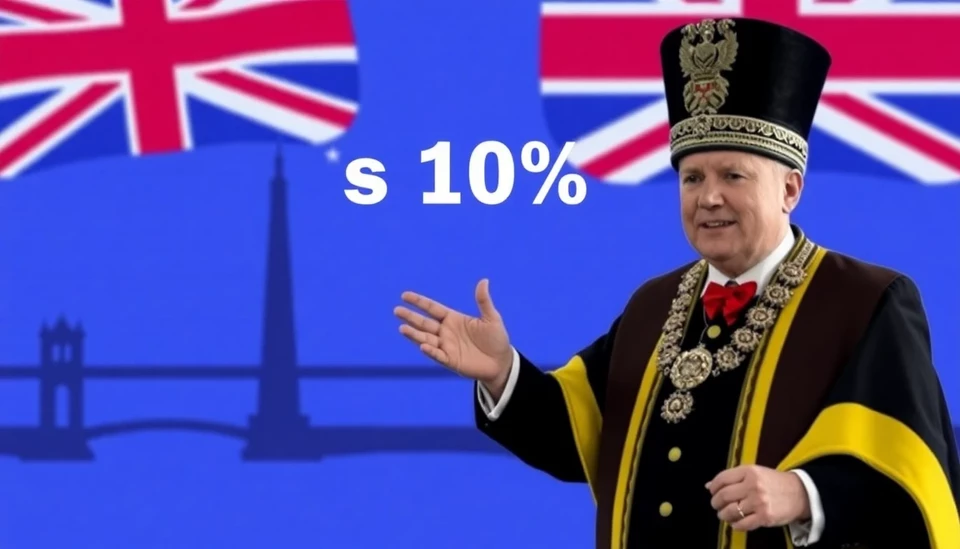
Recent discussions surrounding tax policy reform in the United Kingdom have prompted significant concern among non-domiciled residents. These individuals, commonly referred to as "non-doms," are increasingly wary that proposed changes to taxation laws could yield a financial blow similar to the economic upheaval experienced during the initial Brexit transition. With the impending adjustments threatening to elevate their tax liabilities substantially, many non-doms are now seeking clarity and potential avenues to safeguard their financial futures.
The UK Treasury has initiated plans that might impose stricter regulations on non-domiciled status. Essentially, this status allows individuals to limit their UK tax exposure primarily to income generated within the country, exempting overseas income from taxation. However, with the current government's focus on balancing the budget and increasing revenue, these privileges appear to be under significant scrutiny.
Sources indicate that non-doms could face higher taxes on worldwide income should the proposed reforms be enacted. This potential shift arises from ongoing discussions among policymakers who have highlighted the need for a fairer tax system that would close loopholes benefiting high-net-worth individuals. Critics argue that these changes could lead non-doms to reevaluate their residency in the UK, fearing the penalties associated with a rapidly evolving fiscal landscape.
The ramifications could mirror those felt during Brexit, when a mass exodus of financial and business professionals took place amid uncertainty regarding their future in the UK. The non-dom community, which contributes roughly £7 billion annually to the UK economy through taxes, fears that such policies might drive them to relocate to more tax-friendly jurisdictions. As many non-doms hold significant global assets, any move to increase their taxable footprint in the UK could compel these individuals to reassess the long-term viability of their residency.
Non-domiciled individuals have historically played a crucial role in ensuring the strength of the UK’s financial services sector. Industry advocates are advising caution, warning that imposing stricter tax measures could inadvertently discourage foreign investment and talent from choosing the UK as their home base. They emphasize that maintaining a competitive tax regime is imperative for attracting and retaining skilled professionals and wealthy residents, who are integral to the economy.
Despite the unease, it remains unclear whether the proposed reforms will gain traction. Government officials defiantly argue that tax reform is essential to mitigate the effects of economic challenges, including those exacerbated by global events and the ongoing aftermath of Brexit itself. However, they may face considerable pushback from the non-dom community and stakeholders who are committed to advocating for policies that prioritize economic growth and stability.
As discussions continue, non-doms are left navigating uncertainty in a landscape that could evolve dramatically over the coming months, leading many to seek professional advisory services to explore potential strategic options. The outcome of these deliberations could have lasting implications not just for non-doms, but also for the broader UK economy, which relies heavily on its reputation as a global financial hub.
In conclusion, the UK government's potential tax reforms could serve as a catalyst for a second round of economic disruption akin to the fallout from Brexit, with non-doms facing unprecedented tax challenges that may impact their decisions regarding residency and investment in the UK.
#NonDoms #UKTaxReform #BrexitImpact #Finance #UKEconomy #GlobalInvestors #TaxPolicy #FinancialServices
Author: Laura Mitchell




